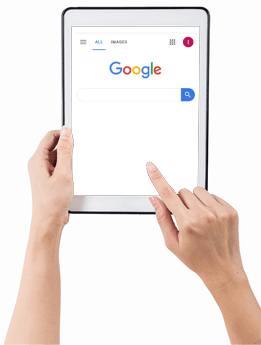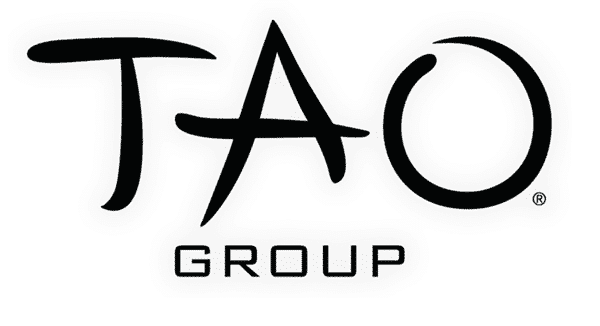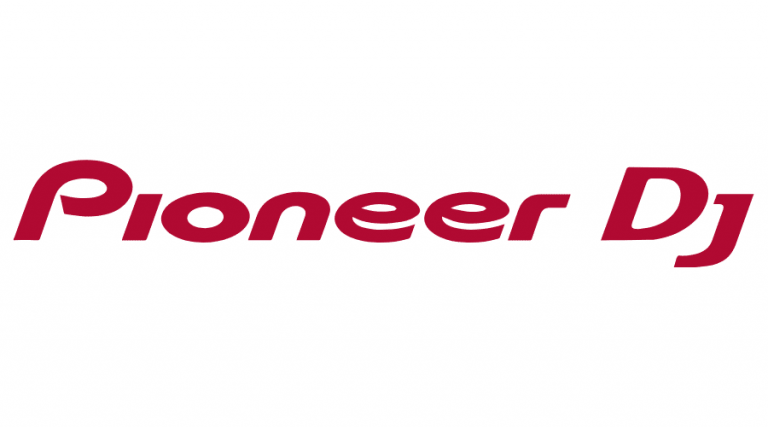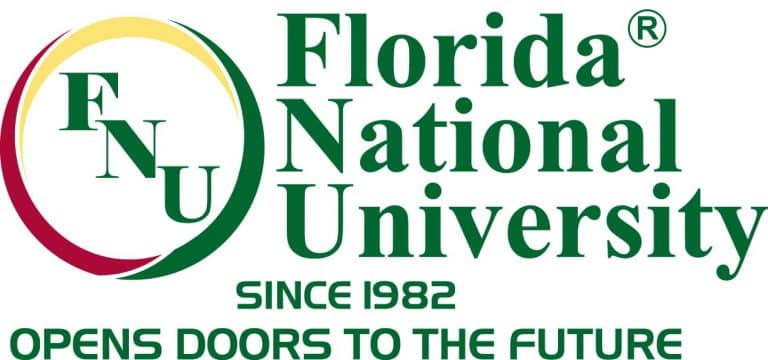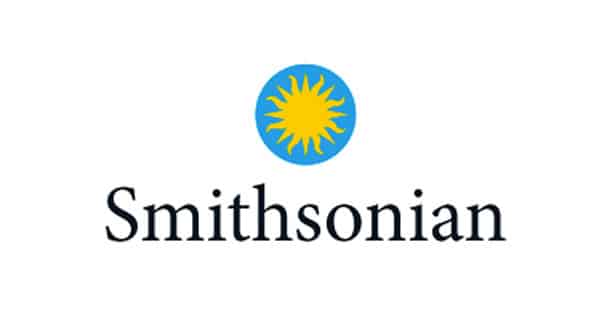In the fast-paced world of online marketing, crafting a successful personalized marketing strategy is the cornerstone for brands striving to genuinely connect with their audiences. Personalization in digital marketing is essential for creating an exceptional customer experience. This involves using customer data to deliver tailored content and messages that resonate on a personal level. In this post, we’ll delve into the importance of personalization, data-driven techniques, and how they lead to improved conversion rates and customer satisfaction.

What is Personalization in Marketing?
Personalized marketing, also known as one-to-one marketing, involves adapting content and experiences to cater to individual customer needs and preferences. This is achieved by analyzing customer data to discern patterns and interests, which can be used to create personalized marketing strategies. Marketing teams employ techniques such as personalized subject lines in emails, customized web content, and targeted ads to enhance engagement and conversions.
The Significance of Personalized Marketing
Why is personalized marketing important? Simple. It leads to higher engagement rates, conversions, and customer retention. Customers are more likely to interact with content that is relevant and specifically targeted towards them. Data-driven personalization plays a crucial role in formulating content that truly speaks to the customer.
For instance, personalized emails with subject lines tailored based on a customer’s past purchases or interests can significantly increase open rates and drive sales. Furthermore, e-commerce personalization strategies like suggesting items based on browsing history can enrich the shopping experience and foster repeat business.
Elevating Customer Engagement Through Personalization
Enhanced customer engagement is the goal of any marketing strategy. Personalized marketing efforts play an integral role in achieving this. When the content is tailored, customers are likely to spend more time interacting with it. Real-time personalization in marketing is especially powerful, as it provides immediate value based on the actions a customer is taking at that moment.
Building a Robust Personalization Strategy
Developing a strong personalization strategy involves several components. Firstly, customer segmentation in digital marketing is essential. It categorizes your audience into different groups based on characteristics like demographics and buying habits.
Utilizing personalization tools in digital marketing, including marketing automation platforms and customer relationship management (CRM) systems, is also important. These tools facilitate the creation of personalized content, while AI for marketing personalization uses machine learning algorithms to predict customer preferences and automate content delivery.
Moreover, marketing teams should continuously monitor and analyze data to optimize their marketing strategies for better results.
The Impact on Customer Satisfaction
By delivering content that is highly relevant and tailored to individual preferences, personalized marketing not only enhances the customer experience but also significantly boosts customer satisfaction.
Conclusion
In an era where customers are inundated with marketing messages, personalization stands as a critical differentiator. A successful personalized marketing strategy that leverages customer data, employs sophisticated tools, and focuses on customer experience is vital for any brand looking to build loyalty and grow their business in the competitive digital landscape.
By empowering marketing teams to create deeply resonant campaigns and personalized experiences, personalization in digital marketing is not just the future, but the present imperative.


